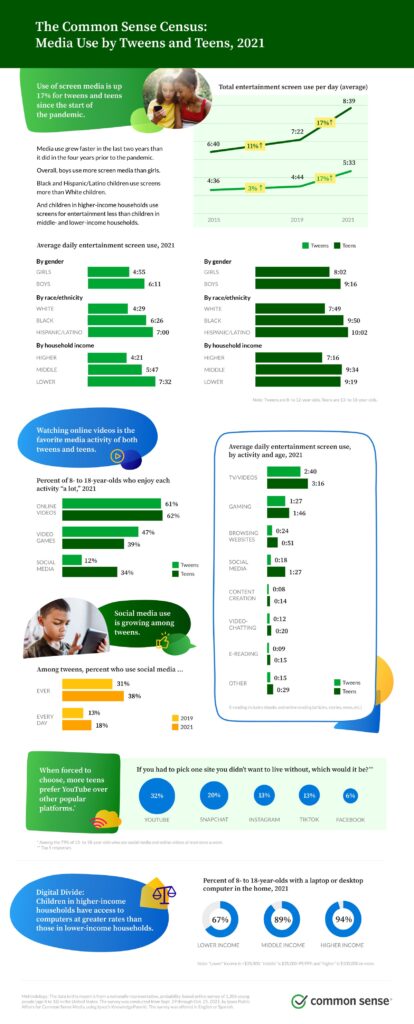Social media has become an integral part of our lives, especially for young adults and teenagers.
According to recent surveys, it has been found that 95% of teens in the United States have a smartphone or access to one, and over 80% of teens have at least one social media account on platforms such as Instagram, Snapchat, TikTok, and Facebook, among others.
However, research has shown that excessive use of social media can lead to negative effects on mental health and body image.
According to a study published by the American Psychological Association, teens and young adults who reduced their social media use by 50% for just a few weeks saw significant improvement in how they felt about both their weight and their overall appearance compared with peers who maintained consistent levels of social media use.
Why is Social Media Harmful to Body Image?
Gary Goldfield, Ph.D., of Children’s Hospital of Eastern Ontario Research Institute, the lead author of the study, states that adolescence is a vulnerable period for the development of body image issues, eating disorders, and mental illness.
“Adolescence is a vulnerable period for the development of body image issues, eating disorders, and mental illness,” said lead author Gary Goldfield, Ph.D., of Children’s Hospital of Eastern Ontario Research Institute. “Youth are spending, on average, between six to eight hours per day on screens, much of it on social media. Social media can expose users to hundreds or even thousands of images and photos every day, including those of celebrities and fashion or fitness models, which we know leads to an internalization of beauty ideals that are unattainable for almost everyone, resulting in greater dissatisfaction with body weight and shape.”
What did the Study Find?
Goldfield and his colleagues conducted an experiment involving 220 undergraduate students aged 17–25 who exhibited symptoms of depression or anxiety and spent at least two hours per day on their smartphones. All participants were instructed to use their social media as they normally would for the first week of the experiment.
After the first week, half the participants were instructed to reduce their social media use to no more than 60 minutes per day.
Participants who were instructed to restrict their social media use reduced it by approximately 50% to an average of 78 minutes per day versus the control group, which averaged 188 minutes of social media use per day.
Participants who reduced their social media use had a significant improvement in how they regarded both their overall appearance and body weight after the three-week intervention, compared with the control group, which saw no significant change.
Gender did not appear to make any difference in the effects.
What are the Implications of the Study?
“Our brief, four-week intervention using screentime trackers showed that reducing social media use yielded significant improvements in appearance and weight esteem in distressed youth with heavy social media use,” said Goldfield. “Reducing social media use is a feasible method of producing a short-term positive effect on body image among a vulnerable population of users and should be evaluated as a potential component in the treatment of body-image-related disturbances.”
Goldfield believes that reducing social media use should be evaluated as a potential component in the treatment of body-image-related disturbances.
While the current study was conducted as a proof of concept, Goldfield and his colleagues are in the process of conducting a larger study to see if a reduction in social media use can be maintained for longer periods and whether that reduction can lead to even greater psychological benefits.
Tweens and Teens Social Media Use Infographic

- Boys tend to use more screen media for entertainment than girls.
- Black and Hispanic/Latino children use screens more for entertainment than Caucasian children.
- Children in higher-income households use screens for entertainment less than children in middle- and lower-income households.
- Among tweens and teens, watching online videos is the favorite media activity.
- The social media platforms most frequently used by tweens and teens include YouTube, Snapchat, Instagram, TikTok, and Facebook.
- Among all young people, teens tend to enjoy TV/videos and gaming more than tweens do.
Conclusion
The study suggests that excessive use of social media can lead to negative effects on body image and mental health.
By reducing social media use, teens and young adults can significantly improve their overall appearance and weight esteem.
Social media use should be monitored, especially among vulnerable populations, and reducing social media use should be evaluated as a potential component in the treatment of body-image-related disturbances.


